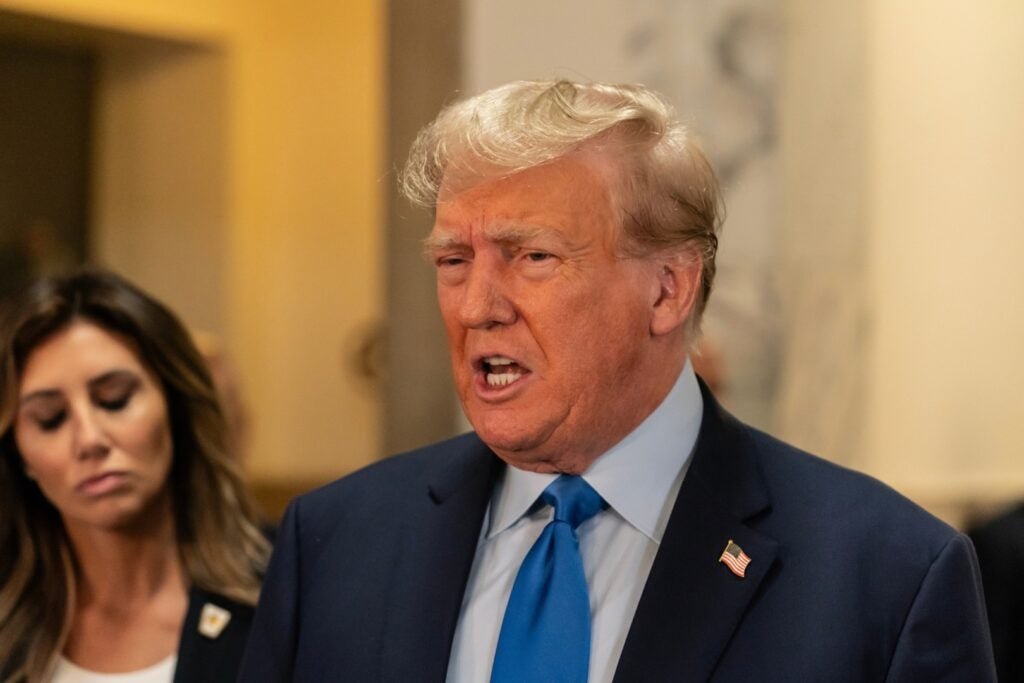In a recent move, Taiwan has modified the way it reports on Chinese military activities near its borders. This change comes amid a time of heightened tensions in the region and follows the election of a new president in Taiwan. Here’s a comprehensive look at what’s happening and why.
The Ministry of National Defense in Taiwan, which typically releases daily information about Chinese military activities near the island, has decided to alter its reporting method. Instead of providing detailed information about Chinese aircraft and their routes, the Ministry will now only disclose the distance of these activities from Taiwan, Bloomberg reported on Tuesday.
Despite the change, the Ministry will continue to disclose the number of incursions from the People’s Liberation Army and the release of balloons from China. Sun Li-fang, a spokesperson from the ministry, justified the new policy as a way to prevent the “enemy” from exploiting the information gap for cognitive warfare.
This adjustment follows the recent election of a new president in Taiwan, Lai Ching-te, who is seen as a proponent of stronger ties with the U.S. and a threat to Beijing’s influence.
In a separate but related development, the government of Nauru, a tiny Pacific Island, announced on Monday that it is reducing official exchanges with Taiwan in favor of China.
The alteration in Taiwan’s reporting method coincides with a series of events that have strained the region’s geopolitical landscape.
Just a few days prior to the change, the Chinese government criticized the U.S. for sending a “gravely wrong signal” by congratulating the newly elected president of Taiwan. This move was seen as a breach of Washington’s commitment to maintain only unofficial ties with Taiwan.
Earlier, the U.S. had urged China to respect Taiwan’s election integrity amid Chinese President Xi Jinping’s push for reunification. This call for non-interference came amid a sensitive period in U.S.-China relations following the recent restoration of military ties between the two nations.
Moreover, in retaliation for U.S. arms sales to Taiwan, China announced sanctions against five American military manufacturers. These sanctions came amid rising tensions between Beijing and Washington, just days before Taiwan’s critical elections.
The alteration in Taiwan’s reporting method and the series of events in the region highlight the delicate balance of power and the complex relationships between Taiwan, China, and the United States. As tensions continue to simmer, it remains to be seen how these developments will affect the geopolitical landscape in the region.
Disclaimer: The above article is for informational purposes only and does not constitute financial, investment, or legal advice.





